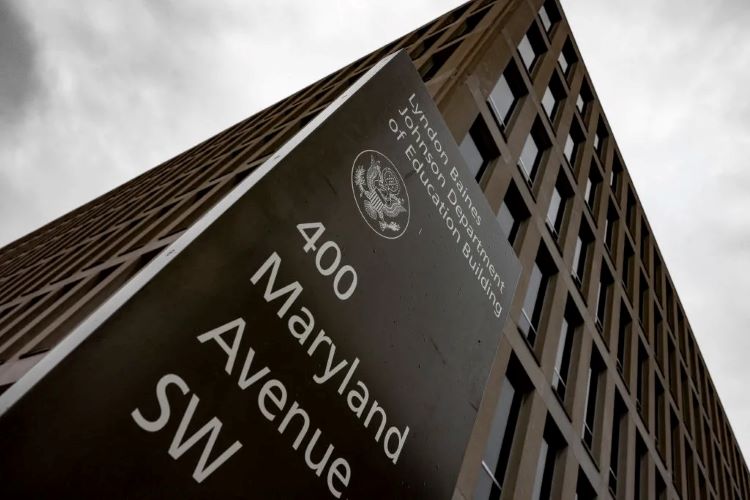In Trump’s War on Federal Workers, Black Families Pay the Price
Share
Explore Our Galleries
Breaking News!
Today's news and culture by Black and other reporters in the Black and mainstream media.
Ways to Support ABHM?
by Dedrick Asante-Muhammad and Tyler Mitchell, Word in Black

Within weeks, the Trump administration has ousted dozens of career officials, undone decades of policy aimed at removing barriers for Black inclusion, and signaled a return to patronage rather than merit.
The recent wave of federal firings and policy shifts under the Trump administration represents a dismantling of government policy and practice that has led the private sector in opportunities for African Americans. Much of the private sector still lags greatly behind the government — the largest employer in our economy — in including African Americans at all levels of their workforce.
As leaders from different generations, we see this attack on the government workforce from two critical vantage points: its immediate threat to current federal workers and its chilling effect on the next generation of public servants.
For decades, the Joint Center for Political and Economic Studies’ research has shown that federal employment has been transformative for Black Americans. These positions offer significantly better benefits, anti-discrimination protections, and traditional job security. Though wages in government positions are often less than in the private sector, the combination of job security and better benefits have proven to be a stronger path to wealth building than similar work in the private sector.
As the Center for American Progress reports, Black workers in the private sector have only about 10% of the wealth of white workers, but Black workers in the public sector have almost half the wealth of white workers. The radical changes in government policy proposed by the new Department of Government Efficiency threaten the progress found in the public sector and threaten to erase the public sector as an opportunity for greater African American economic security.
Yet these numbers only scratch the surface of the personal impact these jobs have on real lives.
[…]
The U.S. government has historically led the way in providing workforce opportunities for Black Americans.
[…]
The unprecedented firing of Equal Employment Opportunity Commission commissioners and National Labor Relations Board officials, including Gwynne Wilcox, the first Black woman to serve on the labor board, signals a dramatic shift in worker protections. On campus, we’re already seeing the effects.
Learn about the struggle for justice, including at work.









Comments Are Welcome
Note: We moderate submissions in order to create a space for meaningful dialogue, a space where museum visitors – adults and youth –– can exchange informed, thoughtful, and relevant comments that add value to our exhibits.
Racial slurs, personal attacks, obscenity, profanity, and SHOUTING do not meet the above standard. Such comments are posted in the exhibit Hateful Speech. Commercial promotions, impersonations, and incoherent comments likewise fail to meet our goals, so will not be posted. Submissions longer than 120 words will be shortened.
See our full Comments Policy here.